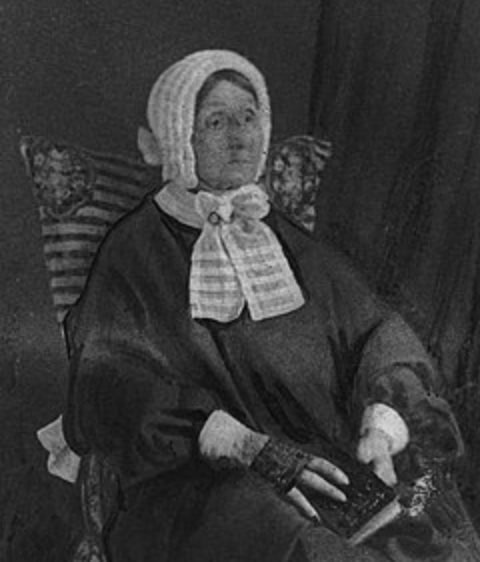
Laura Secord (née Ingersoll) was born on September 13, 1775, in Great Barrington, Massachusetts, in what was then the American colonies. Her family remained loyal to the British Crown during the American Revolutionary War and subsequently moved to Upper Canada (now Ontario) in the late 18th century.
In 1797, Laura married James Secord, a loyalist, and they settled in Queenston, Upper Canada (near present-day Niagara-on-the-Lake). During the War of 1812 between the United States and Great Britain, Laura Secord became famous for her role in warning British forces of an American invasion. In June 1813, American troops occupied Queenston, and the Secord home became a headquarters for American officers.
On May 27, 1813, the American army captured Fort George on the Canadian side of the Niagara River. In the following weeks, the American army occupied Niagara and Queenston and among them, there was a group of U. S. soldiers who were billeted in the Secord home. On the night of June 21, 1813, Laura overheard American officers discussing plans for a surprise attack on the British forces at Beaver Dams. Realizing the importance of this information, she decided to make a perilous journey to warn Lieutenant James FitzGibbon, a British officer stationed at Beaver Dams. With her husband James recovering from injuries sustained during the Battle of Queenston Heights, Laura set out on foot, walking approximately 32 kilometers (20 miles) through rough terrain and swamps to reach FitzGibbon’s forces. She faced many dangers on her journey, including encounters with American patrols. Upon reaching FitzGibbon and his Indigenous allies, she delivered her warning of the impending attack. As a result, FitzGibbon was able to plan a successful ambush of the American forces, leading to their surrender.
Although Laura’s bravery helped bring the War of 1812 to a conclusion, she and her family faced financial difficulties, as James Secord’s injuries left him unable to work. They struggled to make ends meet until they received a land grant in recognition of Laura’s bravery. Then, in 1860, when Laura was 85 years of age, she was awarded a pension of £100 per year by the Prince of Wales, later King Edward VII, in recognition of her courageous actions during the war. As her story became more widely known in the mid-19th century, she was celebrated as a Canadian hero.
Today, there are many memorials and landmarks dedicated to Laura Secord’s memory, including the Laura Secord Legacy Trail in Niagara, Ontario. Her name is also associated with a chain of chocolate stores in Canada, although there is no direct historical connection between Laura Secord and the chocolate company. Perhaps the Canadians were celebrating the sweetness of an undefended Canada-US border that has lasted for more than 112 years.
